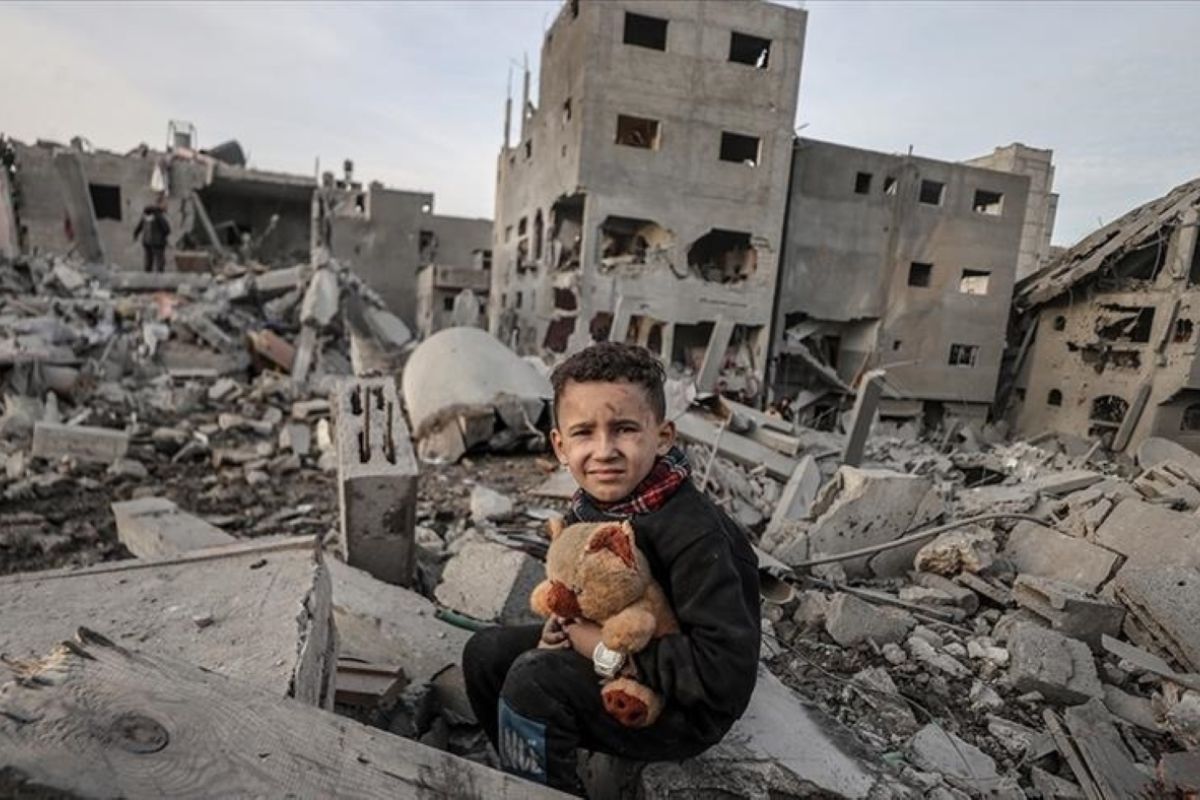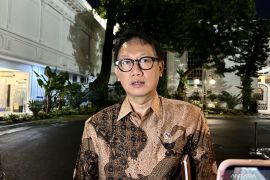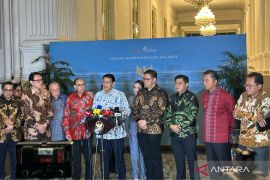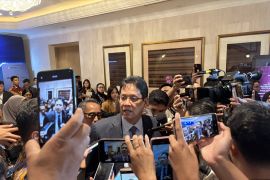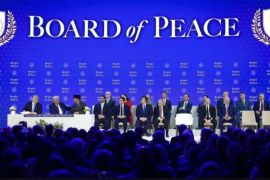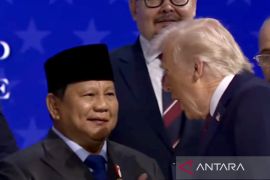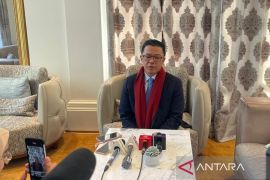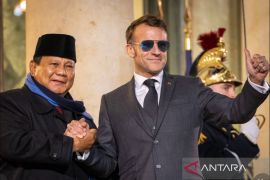As the second anniversary approaches, calls for peace gain renewed momentum with the Peace Plan announced by President Donald Trump on 29 September 2025, following his meeting with Israeli Prime Minister Benjamin Netanyahu.
The pressing question remains: will the Trump Peace Plan finally bring peace, or will it merely prolong the current paralysis? The answer hinges on one crucial factor: will justice be placed at the center, or once again sidelined?
The Trump Peace Plan is an ambitious attempt to translate political will into a roadmap for Gaza’s post-war recovery.
The 20-point plan includes significant US funding for rebuilding Gaza, the release of hostages in exchange for Palestinian prisoners held by Israel, humanitarian aid without conditions attached to Hamas, amnesty or relocation for Hamas members, and a pledge that Israel will not annex Gaza or the West Bank.
Prior to the announcement, President Trump invited a select group of Arab leaders to a multilateral meeting on the sidelines of the UN General Assembly in New York, with Indonesia and Pakistan as the only non-Arab participants.
Following the meeting, Arab and Islamic states expressed general support for the plan, viewing it as a potential way out of the war. However, enthusiasm for the Trump Peace Plan should be tempered with caution.
The devil lies in the details. The plan lacks clarity on how reconstruction funds will be managed or monitored. It remains unclear who will enforce prisoner exchanges and under what conditions Hamas members would be relocated.
Above all, it depends heavily on US political will and Israeli compliance—two factors that have undermined peace initiatives in the past.
This is why the New York Declaration, adopted by the UN General Assembly on 12 September 2025, carries such weight. Supported by a broad majority of UN members, the Declaration calls for time-bound and irreversible steps toward a two-state solution.
It emphasizes respect for international law, opposes the displacement of Palestinians, and advocates for unrestricted humanitarian access. Most importantly, it places Palestinian sovereignty at the center of the peace narrative.
In comparison, Trump’s plan appears uneven. While there is overlap on humanitarian aid, reconstruction, and halting annexation, the framework lacks accountability and is heavily influenced by US interests.
By focusing on amnesty or relocation for Hamas fighters, it risks treating Palestinians as objects of external manipulation rather than recognizing them as political actors with rights.
By relying on Washington’s leadership, it also undermines the multilateral legitimacy the UN provides.
Indonesia should not accept these shortcomings as the cost of doing business. Instead, Jakarta can leverage the plan to align more closely with the principles of the New York Declaration.
This means calling for UN oversight of reconstruction funds, ensuring any peacekeeping deployment operates under an international mandate, and insisting that the Palestinian Authority remain central to governance. It also requires pushing for clear benchmarks to ensure commitments on aid, withdrawal, and security are monitored and enforced.
Indonesia must also continue to advocate that Gaza’s future be Palestinian-owned and Palestinian-led.
Any transitional mechanism, including the proposed Board of Peace by President Trump, must have a clear mandate and timeline and must never diminish the Palestinian people’s right to self-determination.
External initiatives can assist but must not replace Palestinian leadership. The path to peace cannot bypass those whose land, identity, and future are at stake.
Indonesia is well-positioned to play this role. It has no direct stake in Middle Eastern geopolitical rivalries. Indonesia’s foreign policy tradition is rooted in supporting self-determination and respecting international law.
As a positive force in the Global South, Indonesia has the means to act as a bridge between Arab states, the United States, and the broader international community.
The risk is that Trump’s plan will fade like many others before it—an ambitious announcement with little follow-through. But there is also an opportunity. Combined with the legitimacy of the New York Declaration, the plan could serve as a platform for genuine progress.
For that to happen, countries like Indonesia must remain engaged and insist that the words spoken in New York translate into action on the ground.
For Trump, this initiative may be about legacy. For Arab leaders, it is about demonstrating unity. For Indonesia, it is about responsibility—proving that even a country far from the Middle East can play a significant role in fostering peace.
If New York 2025 is remembered as a turning point, it will not be because of an announcement alone but because Indonesia and others worked tirelessly to turn promises into reality.
Pandu Utama Manggala is a diplomat of the Indonesian Ministry of Foreign Affairs.
Disclaimer: The views and opinions expressed here are those of the author and do not necessarily reflect the official policy or position of the ANTARA News Agency.
Related news: Prabowo, Muslim leaders ask Trump to lead peace process in Gaza
Related news: Prabowo joins Trump in Multilateral Meeting on the Middle East
Copyright © ANTARA 2025
